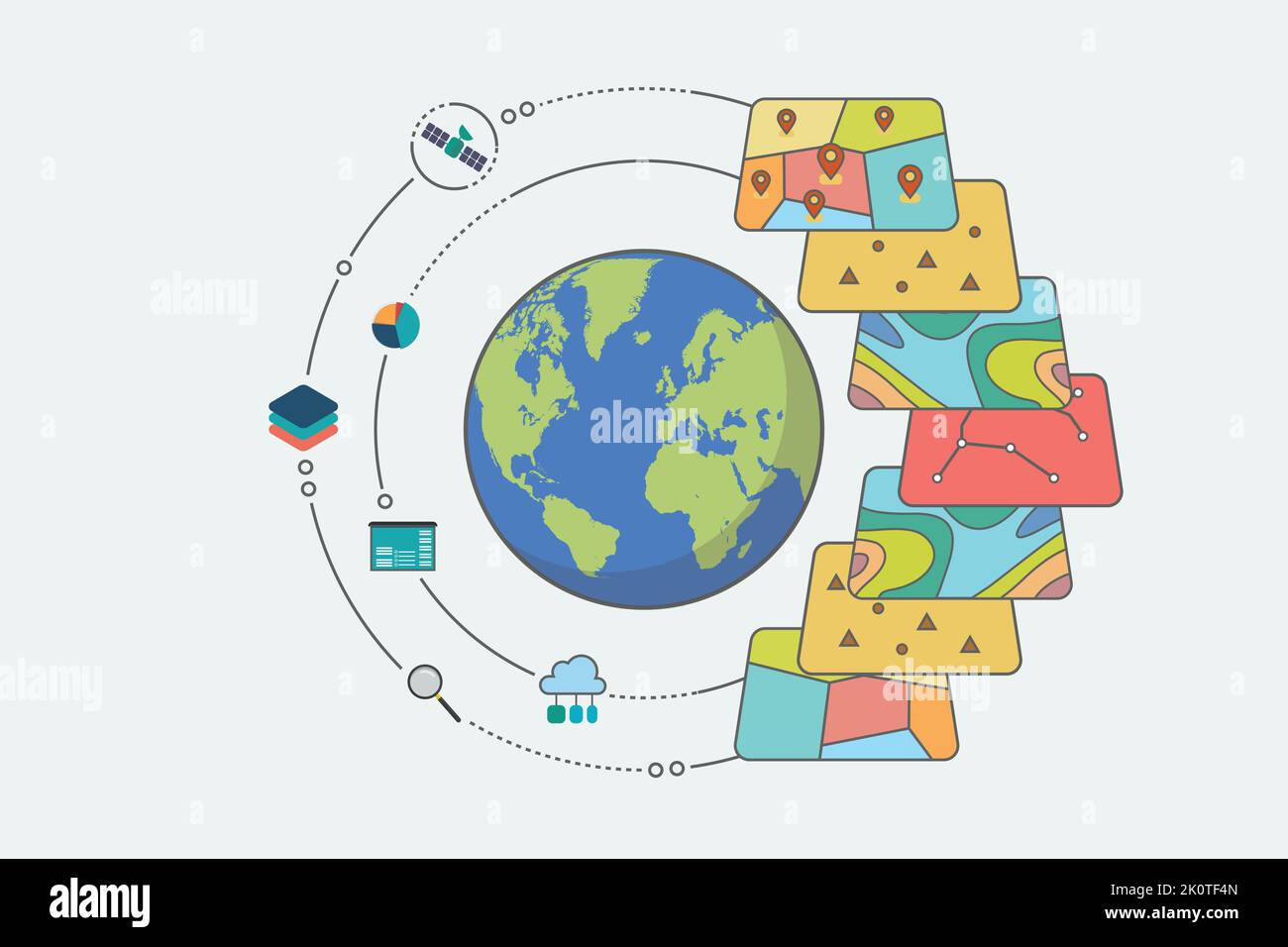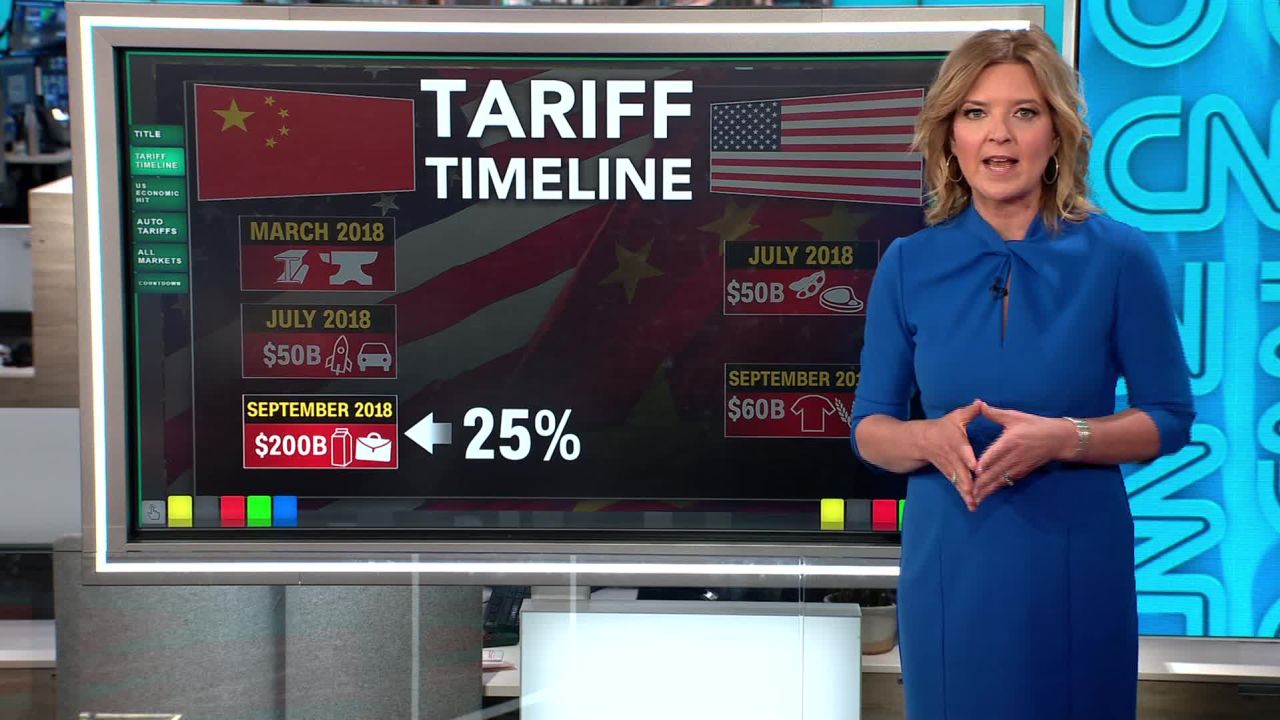The Critical Role Of Middle Managers In Bridging The Gap Between Leadership And Employees

Table of Contents
Communication & Information Flow
Middle managers act as vital conduits of information, translating strategic directives from leadership into actionable tasks for employees and vice-versa. They are the crucial link in the chain of communication, ensuring that everyone is on the same page and working towards common goals. Effective communication strategies are paramount for successful organizations, and middle managers are at the forefront of this effort.
Translating Leadership Vision
Middle managers are responsible for breaking down complex strategies and visions from upper management into understandable and achievable goals for their teams. This involves using clear and concise language, avoiding jargon, and ensuring everyone comprehends their roles and responsibilities.
- Use clear language: Avoid corporate jargon and technical terms that might confuse employees.
- Hold regular team meetings: Facilitate open dialogue and address questions and concerns promptly.
- Create visual aids: Use charts, graphs, and other visual tools to illustrate complex information.
- Offer regular feedback: Provide constructive criticism and praise to keep employees motivated and on track.
Effective communication channels are essential for successful information dissemination. Middle managers must ensure that information flows smoothly both upwards and downwards within the organization.
Gathering Employee Feedback
Just as important as disseminating information downwards is the ability of middle managers to gather feedback from their teams and relay it upwards. This "employee voice" is crucial for organizational improvement and ensuring that leadership is aware of challenges and concerns at the frontline.
- Employee surveys: Regularly conduct anonymous surveys to gauge employee satisfaction and identify areas for improvement.
- One-on-one meetings: Schedule regular one-on-one meetings with team members to discuss individual progress, concerns, and ideas.
- Open-door policies: Encourage open communication by creating a culture where employees feel comfortable approaching their manager with questions or concerns.
Establishing robust feedback mechanisms is key to ensuring upward communication flows effectively. This ensures that leadership receives valuable insights and can make informed decisions.
Mentorship & Development
Middle managers play a crucial role in mentoring and supporting their employees, fostering growth and improving overall team performance. This involves providing on-the-job training, coaching, and guidance to help employees develop their skills and reach their full potential. Investing in employee development is a key strategy for creating a high-performing workforce.
On-the-Job Training and Coaching
Middle managers are ideally positioned to provide day-to-day training and coaching. This personalized approach is invaluable for addressing specific skill gaps and providing targeted support.
- Personalized coaching: Provide individual guidance and support to help employees improve their skills and performance.
- Skill development workshops: Organize workshops and training sessions to enhance specific skills relevant to the team's work.
- Mentoring programs: Pair experienced employees with less experienced ones to facilitate knowledge transfer and professional growth.
Talent management is significantly enhanced when middle managers are actively involved in the development of their team members.
Building Team Cohesion
Strong team dynamics are essential for high performance. Middle managers play a crucial role in cultivating a positive and collaborative work environment.
- Team-building activities: Organize regular team-building activities to improve communication and collaboration among team members.
- Conflict resolution techniques: Intervene and mediate conflicts effectively to prevent disruption and maintain a positive work environment.
- Fostering a positive work environment: Create a culture of respect, trust, and open communication where employees feel valued and supported.
Employee engagement is directly linked to team cohesion. Middle managers who actively foster strong team dynamics contribute significantly to employee motivation and overall productivity.
Performance Management & Accountability
Middle managers are directly responsible for monitoring and improving team performance. This involves setting clear expectations, providing regular feedback, and addressing any performance issues promptly. Effective performance management is critical for achieving organizational goals.
Setting Clear Expectations and Goals
Translating organizational objectives into individual and team goals is a crucial aspect of middle management. This involves setting SMART goals (Specific, Measurable, Achievable, Relevant, Time-bound) and utilizing appropriate performance metrics to track progress.
- Setting SMART goals: Ensure that goals are specific, measurable, achievable, relevant, and time-bound.
- Using performance metrics: Track key performance indicators (KPIs) to monitor progress and identify areas for improvement.
- Providing regular performance reviews: Conduct regular performance reviews to provide feedback, recognize achievements, and address any performance issues.
Addressing Performance Issues and Providing Support
Addressing underperformance requires a sensitive and supportive approach. Middle managers need to provide constructive feedback, offer additional training, and develop performance improvement plans.
- Providing constructive feedback: Offer specific and actionable feedback to help employees improve their performance.
- Offering additional training: Provide opportunities for additional training or development to address skill gaps.
- Creating performance improvement plans: Develop and implement performance improvement plans to address persistent performance issues.
Conflict resolution and employee support are crucial aspects of effective middle management. By addressing performance issues constructively, middle managers can help their employees succeed and contribute to overall team success.
Conclusion
In conclusion, the critical role of middle managers in bridging the communication gap between leadership and employees cannot be overstated. They are responsible for translating strategic vision into actionable plans, gathering valuable employee feedback, mentoring and developing their teams, and ensuring accountability for performance. Investing in strong middle management is key to fostering a productive, engaged, and high-performing workforce. Effective middle managers are the backbone of successful organizations. Investing in training and development programs for your middle managers is an investment in the overall success of your organization. Strengthening your middle management team means strengthening your entire organization. Don't underestimate the power of effective middle managers; they are the crucial bridge to organizational success.

Featured Posts
-
 The Countrys Top New Business Locations A Geographic Analysis
Apr 24, 2025
The Countrys Top New Business Locations A Geographic Analysis
Apr 24, 2025 -
 Shark Drawn Crowds To Israeli Beach End In Tragedy Swimmer Missing Body Found
Apr 24, 2025
Shark Drawn Crowds To Israeli Beach End In Tragedy Swimmer Missing Body Found
Apr 24, 2025 -
 Identifying The Countrys Fastest Growing Business Areas
Apr 24, 2025
Identifying The Countrys Fastest Growing Business Areas
Apr 24, 2025 -
 Oblivion Remastered Official Announcement And Release Date
Apr 24, 2025
Oblivion Remastered Official Announcement And Release Date
Apr 24, 2025 -
 Us Tariffs Drive Chinas Lpg Imports Towards The Middle East
Apr 24, 2025
Us Tariffs Drive Chinas Lpg Imports Towards The Middle East
Apr 24, 2025
Latest Posts
-
 Hills Stellar Goaltending Propels Golden Knights To 4 0 Win Over Blue Jackets
May 10, 2025
Hills Stellar Goaltending Propels Golden Knights To 4 0 Win Over Blue Jackets
May 10, 2025 -
 Golden Knights Edge Blue Jackets Hill Makes 27 Saves In Win
May 10, 2025
Golden Knights Edge Blue Jackets Hill Makes 27 Saves In Win
May 10, 2025 -
 Adin Hills 27 Save Shutout Powers Vegas Golden Knights Past Columbus Blue Jackets
May 10, 2025
Adin Hills 27 Save Shutout Powers Vegas Golden Knights Past Columbus Blue Jackets
May 10, 2025 -
 Golden Knights Blank Blue Jackets 4 0 Hill Records 27 Saves
May 10, 2025
Golden Knights Blank Blue Jackets 4 0 Hill Records 27 Saves
May 10, 2025 -
 Golden Knights Vs Wild Game 4 Barbashevs Ot Goal Secures Victory Series Tied 2 2
May 10, 2025
Golden Knights Vs Wild Game 4 Barbashevs Ot Goal Secures Victory Series Tied 2 2
May 10, 2025
